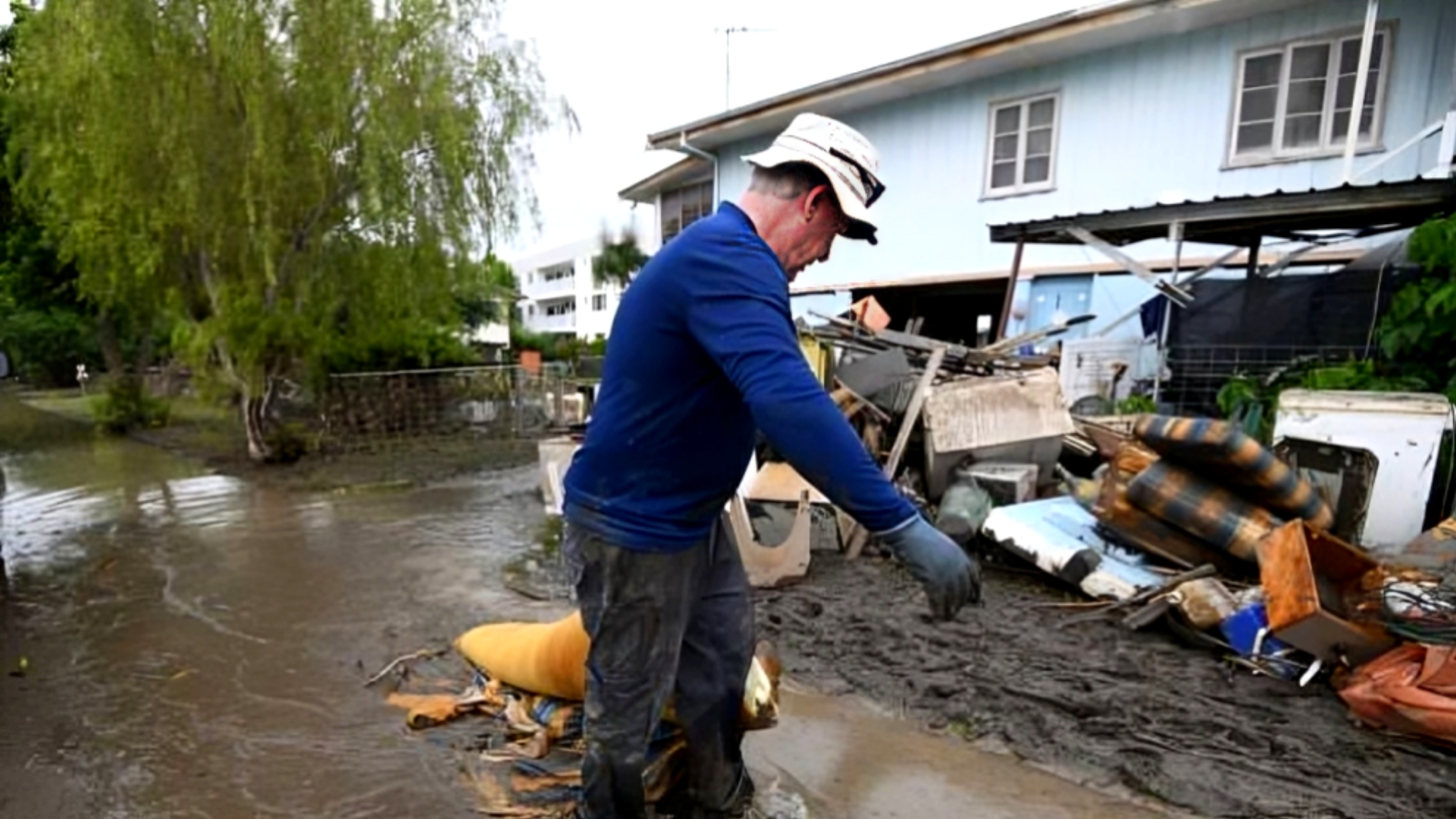Queensland: Following the devastating floods in North Queensland, a deadly bacterial infection known as melioidosis has claimed 12 lives and infected dozens more. The disease, caused by Burkholderia pseudomallei, thrives in soil and is brought to the surface by heavy rains, increasing the risk of human exposure.
Experts warn that the bacteria spreads through contaminated water and soil, often entering the body through cuts, inhalation, or ingestion. Microbiologist Professor Glen Ulett from Griffith University explained that flooding not only exposes the bacteria but also facilitates its spread.
“If it enters through broken skin, it may cause localized infections, but if inhaled, it can lead to pneumonia. In severe cases, the bacteria can spread throughout the bloodstream, causing life-threatening complications,” he said.
The disease is particularly dangerous for individuals with pre-existing conditions such as diabetes, kidney disease, and weakened immune systems. Infectious diseases specialist Professor Peter Collignon emphasized the challenges in treating melioidosis.
“It’s a difficult infection to manage. While antibiotics are available, early diagnosis is critical to ensure effective treatment,” he said.
So far this year, Queensland health authorities have reported 94 cases—more than four times the usual average—with the majority in Cairns and Townsville. Many more people may be infected but remain undiagnosed due to mild or absent symptoms.
The early signs of melioidosis include fever, fatigue, breathing difficulties, and skin sores, which can be mistaken for other infections. Experts advise that anyone in northern Australia experiencing persistent symptoms should seek medical attention, particularly if they have recently been in flood-affected areas.
Authorities are urging those working with soil to take precautions, such as wearing gloves and boots, to reduce the risk of exposure. While the immediate threat may decline as floodwaters recede and the bacteria sink back into the soil, the risk never fully disappears.
Notably, cases of melioidosis have been known to resurface years—even decades—after initial exposure, particularly in individuals who develop immune-related health issues.
“One famous case involved a Vietnam War veteran who unknowingly contracted the bacteria in the 1960s. It remained dormant in his body for nearly 50 years before reactivating when his health deteriorated,” Professor Ulett said.
Queensland Premier David Crisafulli has pledged to increase public awareness and ensure health professionals are prepared to identify and treat melioidosis promptly.








